Filters
Download definitions (PDF) Case source list Model cases
Model cases
 National programme
National programme
-

Integrated water resource management to preserve water quality and prevent sedimentation
The Lukaya River Basin is an important source of drinking water for the Democratic Republic of the Congo (DRC), but heavy sedimentation has jeopardized its flows leading to community-led forestry programs to reduce erosion.
- Restoration
Congo Democratic Republic of the Congo -
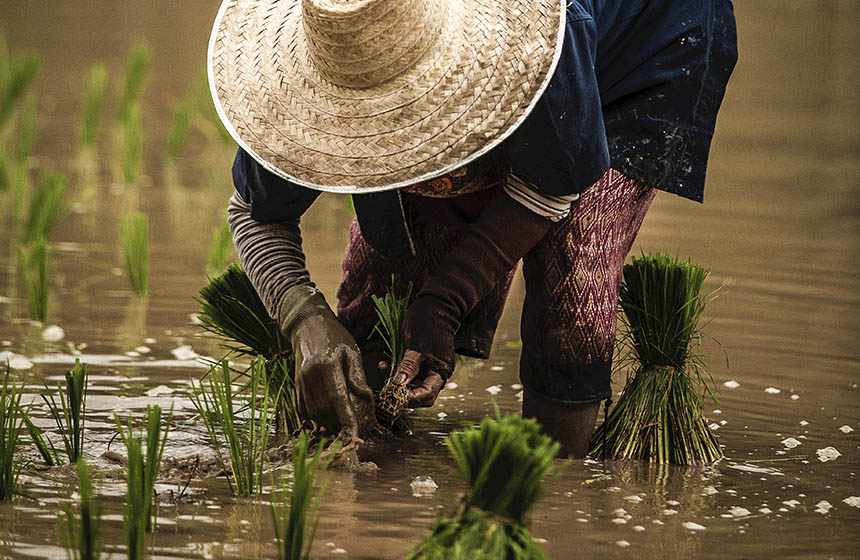
Drought-resilient rice farming for communities and biodiversity
The Ibis Rice concept was developed and implemented by Sansom Mlup Prey (SMP) to provide local communities a premium price on drought-resistance rice if they abide by local conservation agreements.
- Food production
Cambodia -

The Hinewai Reserve Ecological Restoration Project
The Hinewai Reserve is a privately owned nature regeneration project which covers 1,250 hectares and focuses on the natural restoration of endemic plants and animals.
- Restoration
New Zealand -
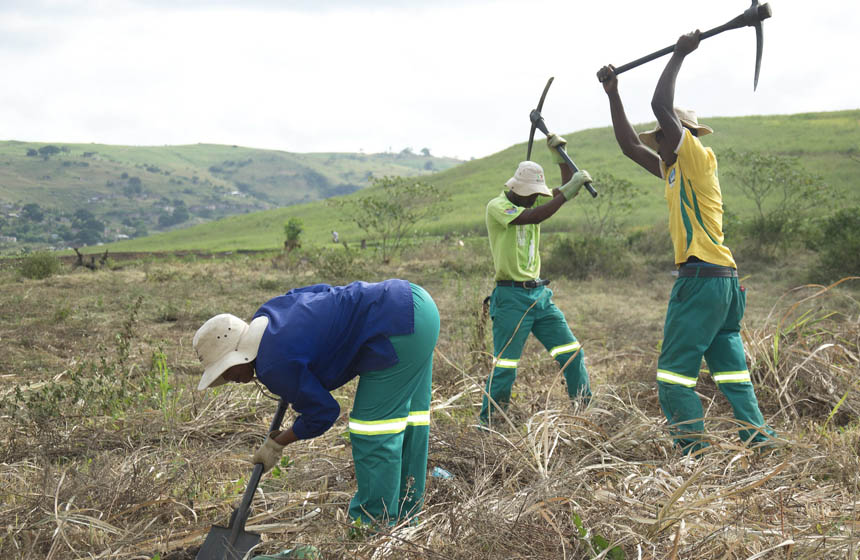
Community reforestation to enhance the buffer zone surrounding a landfill site
A 787 ha buffer zone around the Buffelsdraai Landfill Site was previously under sugarcane production and has been changed into a community reforestation project.
- Created habitats
South Africa -

Sustainable forest management and agroforestry implemented by indigenous communities
Working with 271 indigenous producers of coffee and cocoa, the project works to implement sustainable agroforestry practices in the indigenous territories of the T’simane Mosetene, Leco and Tacana communities.
- Food production
- Management
Bolivia -
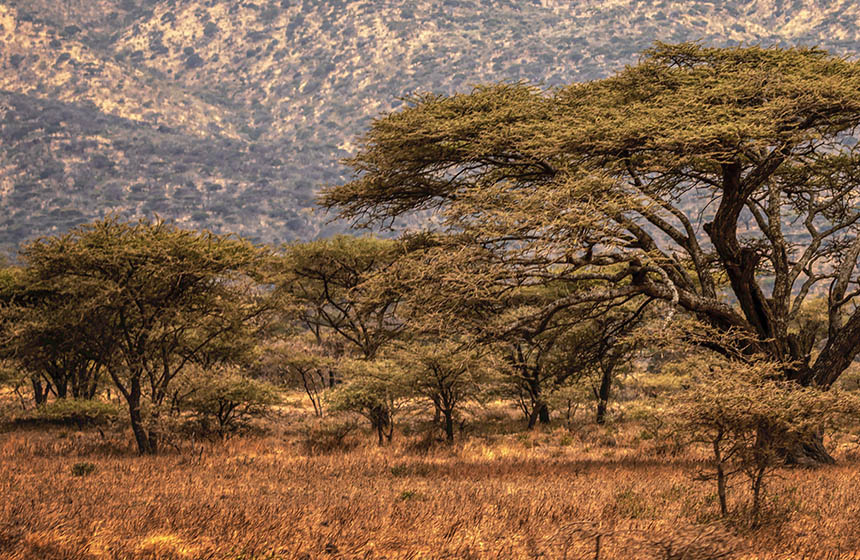
Dryland forest protection and carbon credit project through community land use planning
Protection of dryland forest from conversion to grazing land for pastoralist local communities in the Makame Wildlife Management Area with revenues from carbon credits used for community development needs, improving health and educational infrastructure, and supporting locally led project monitoring.
- Management
- Protection
Tanzania, United Republic of -
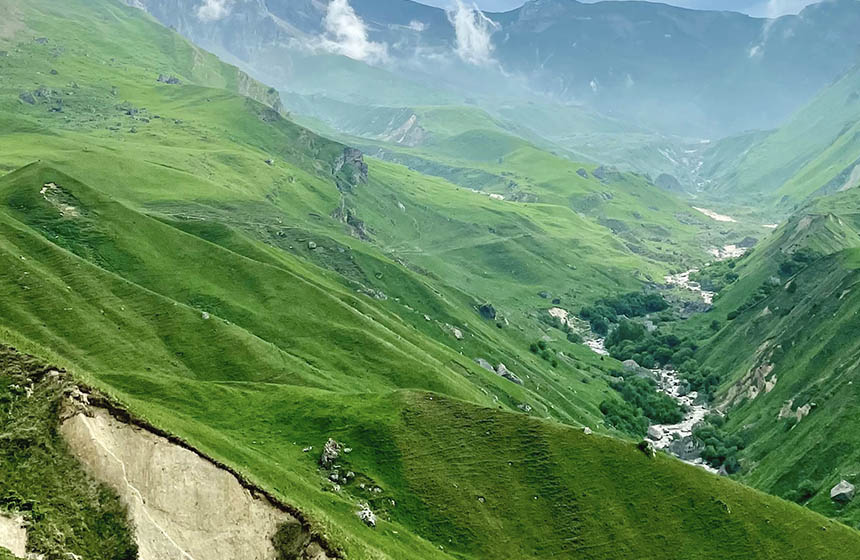
Ecosystem-based erosion control in the South Caucasus region
The German Agency for International Cooperation (GIZ) initiated a program in collaboration with the Azerbaijan Ministry of Agriculture to combat the effects of pasture degradation on hillsides through improved management practices.
Azerbaijan -
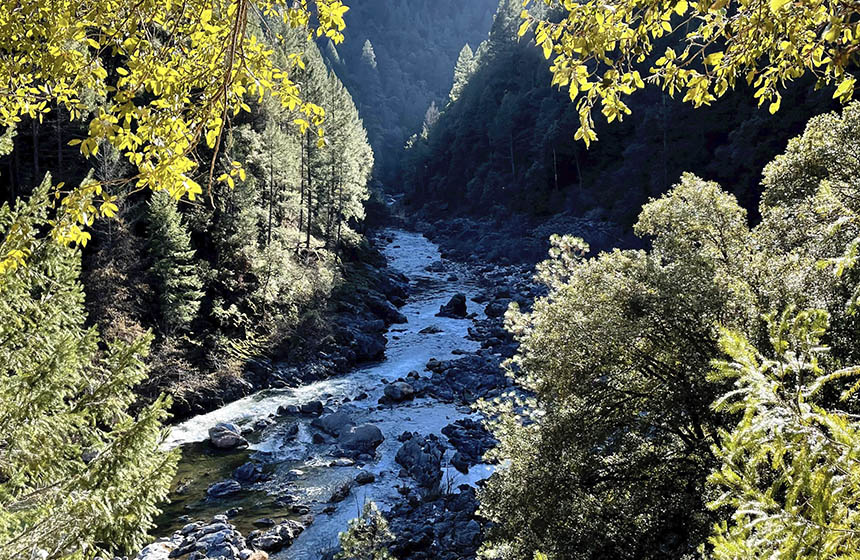
Yuba river watershed forest management
The Yuba Project utilizes Forest Resilience Bonds(FRB) in order to generate private finance to front the costs of forest management and restoration allowing for faster project completion.
- Management
- Restoration
United States -
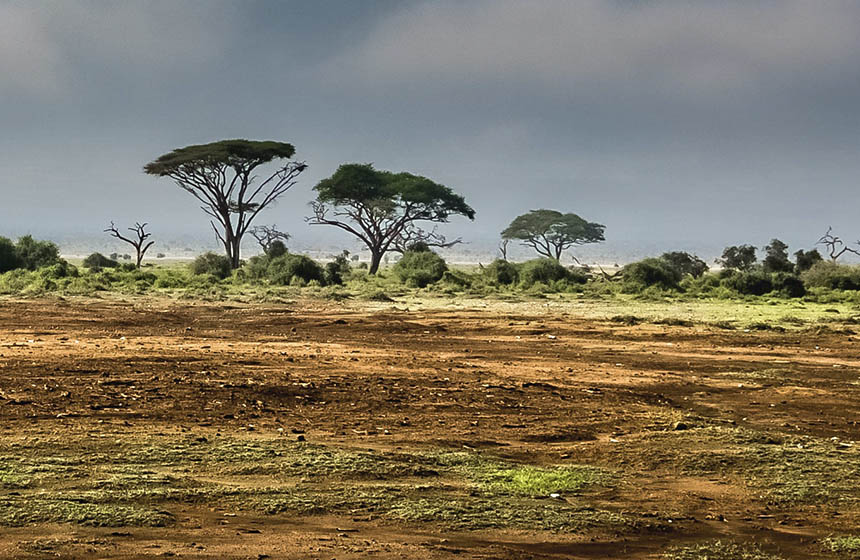
Rangeland management for carbon sequestration
The Northern Rangelands Trust is a collaboration between 14 pastoralist communities in order to improve the health of rangelands which in turn helps them adapt to and mitigate the impacts of climate change.
- Management
Kenya

